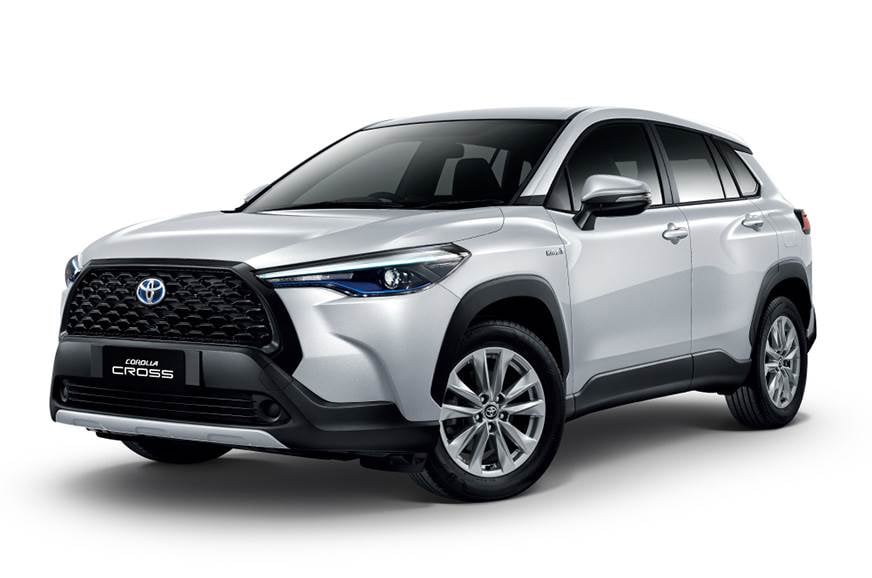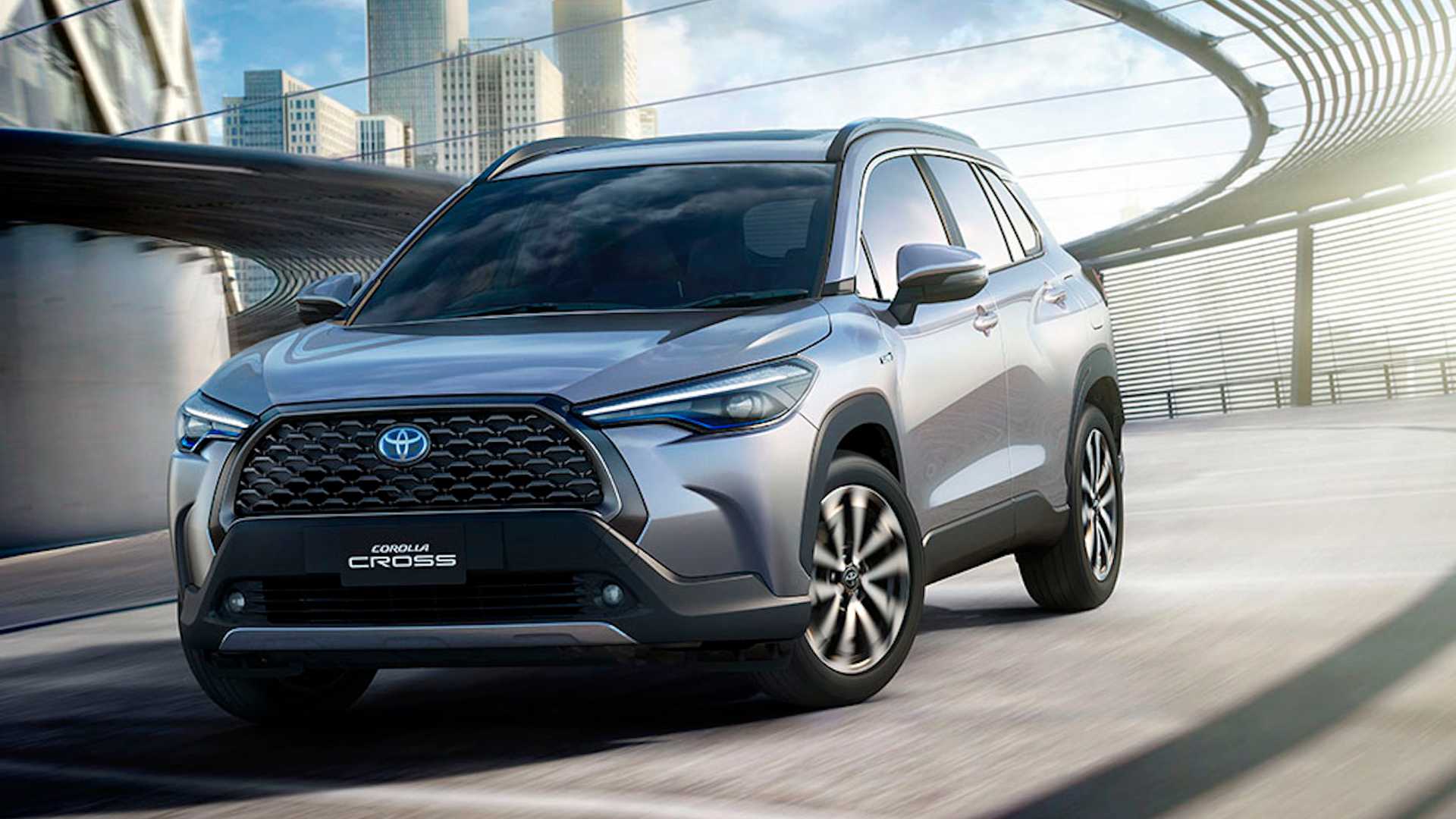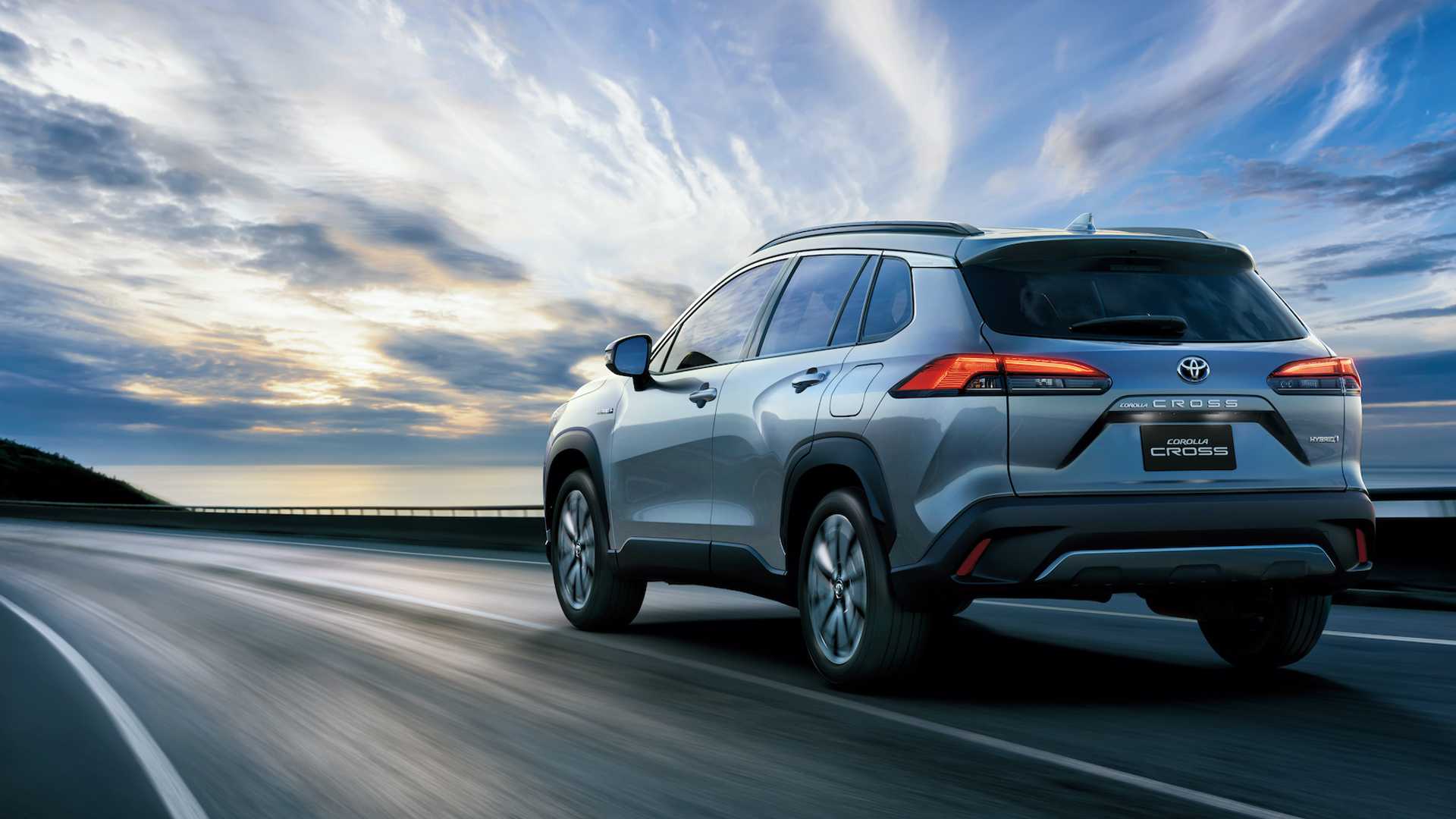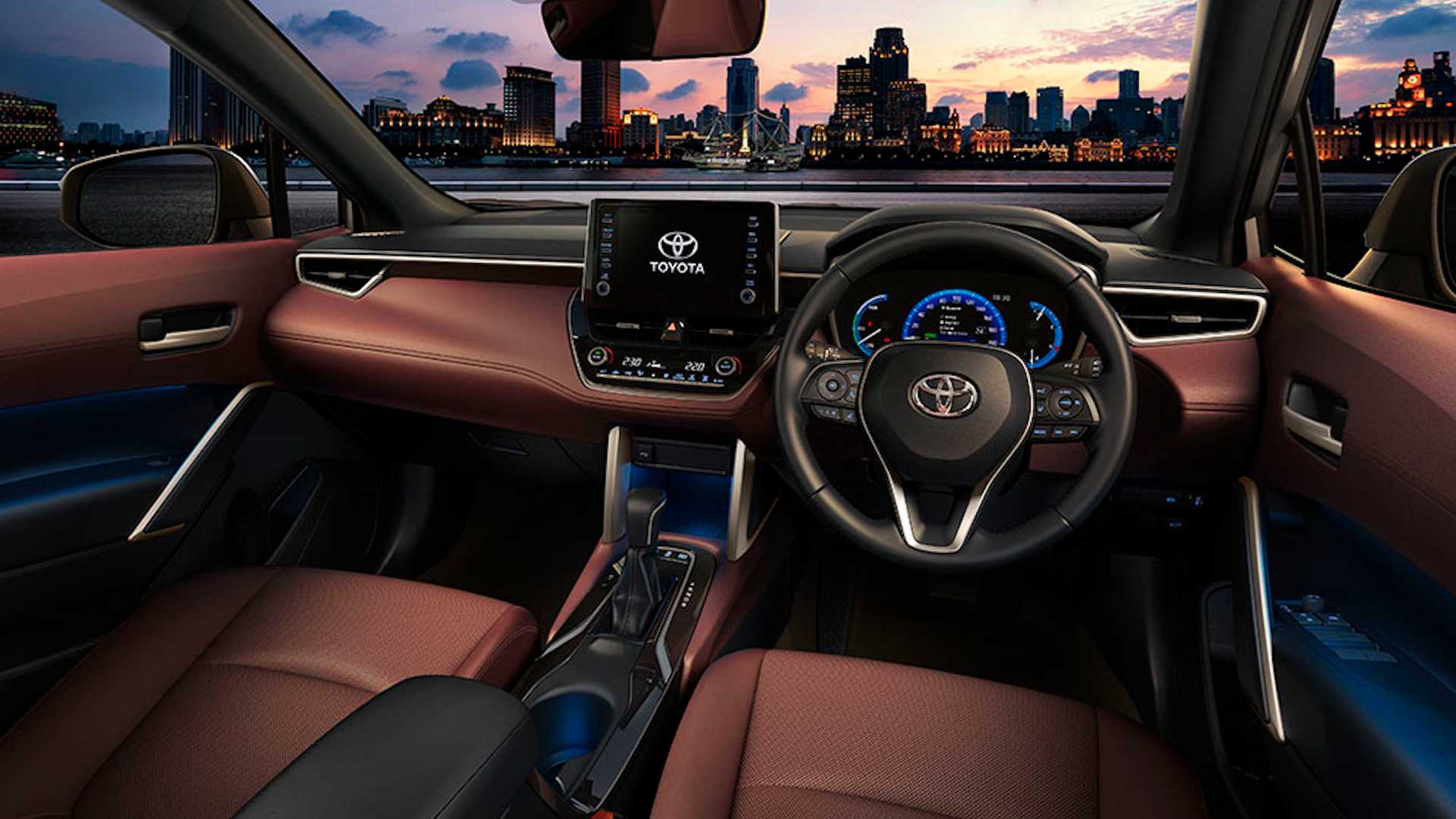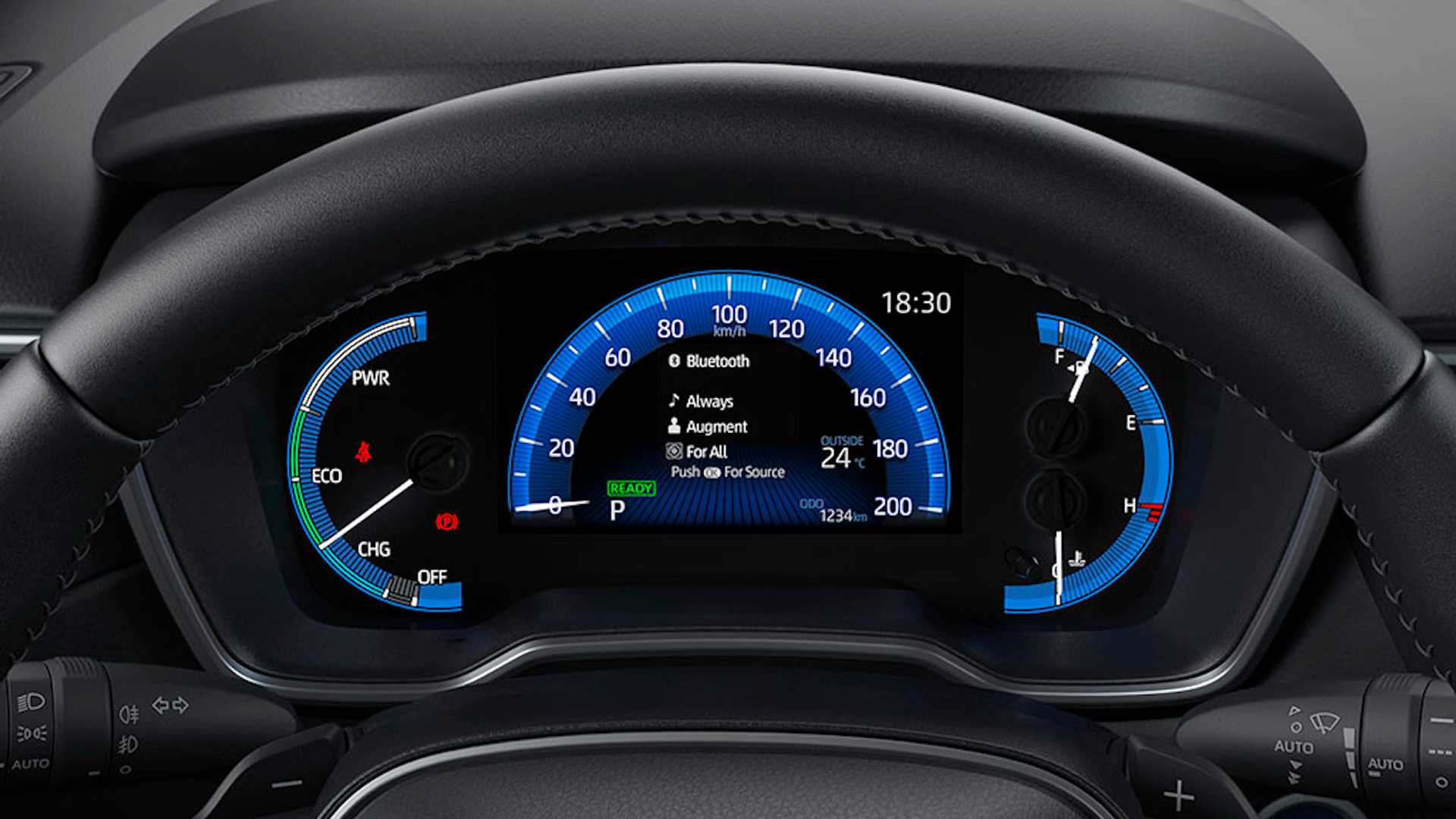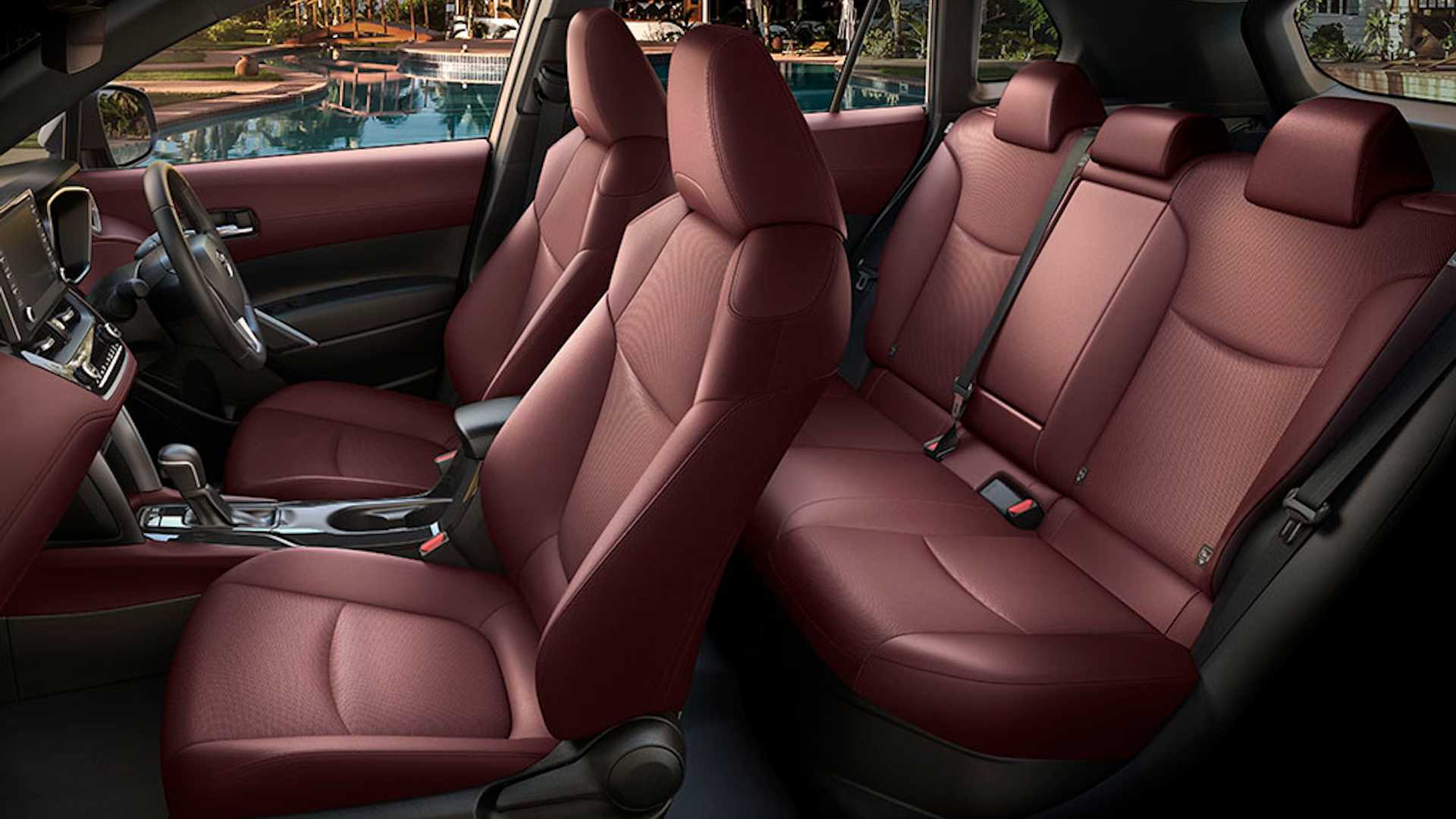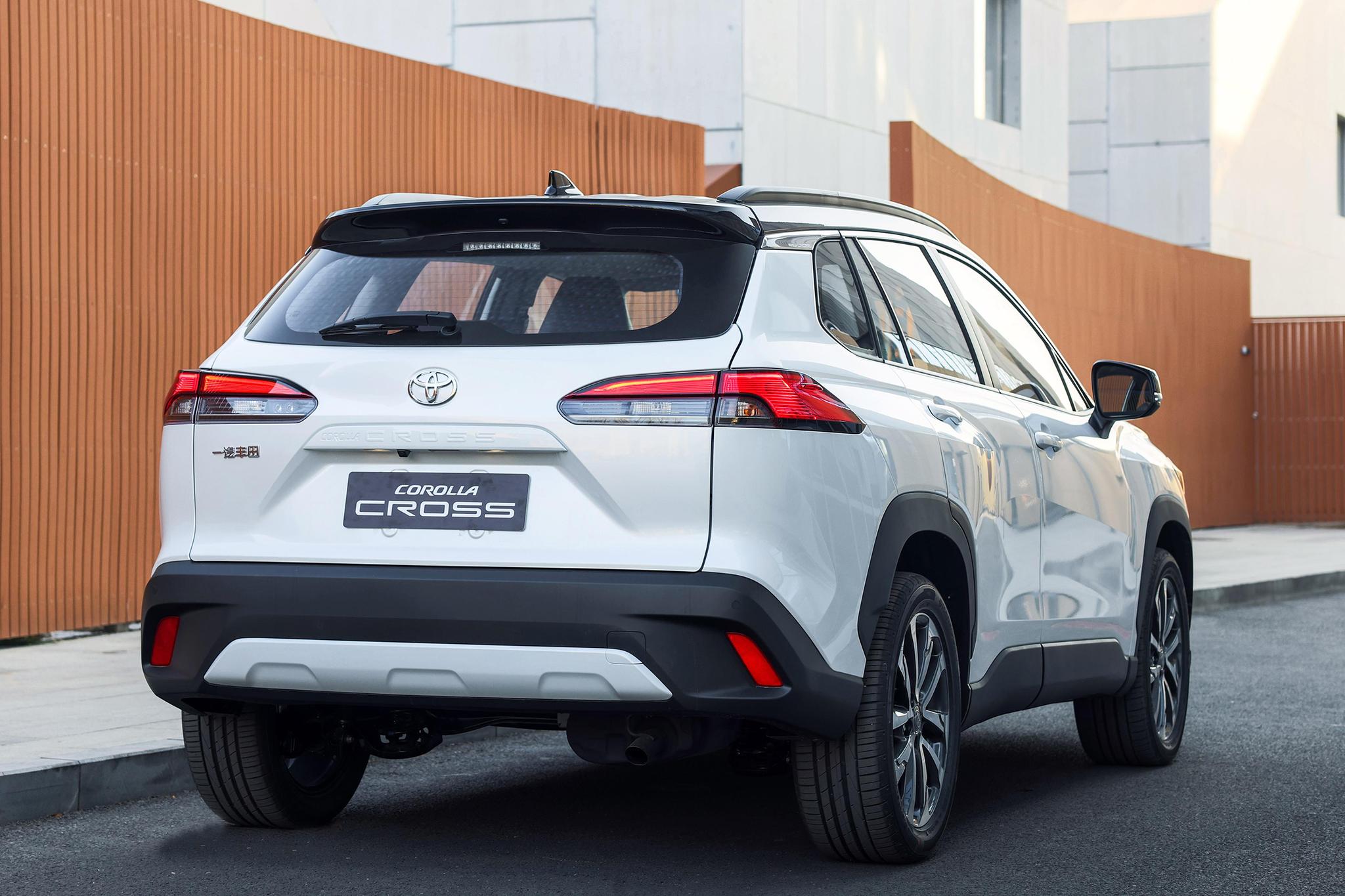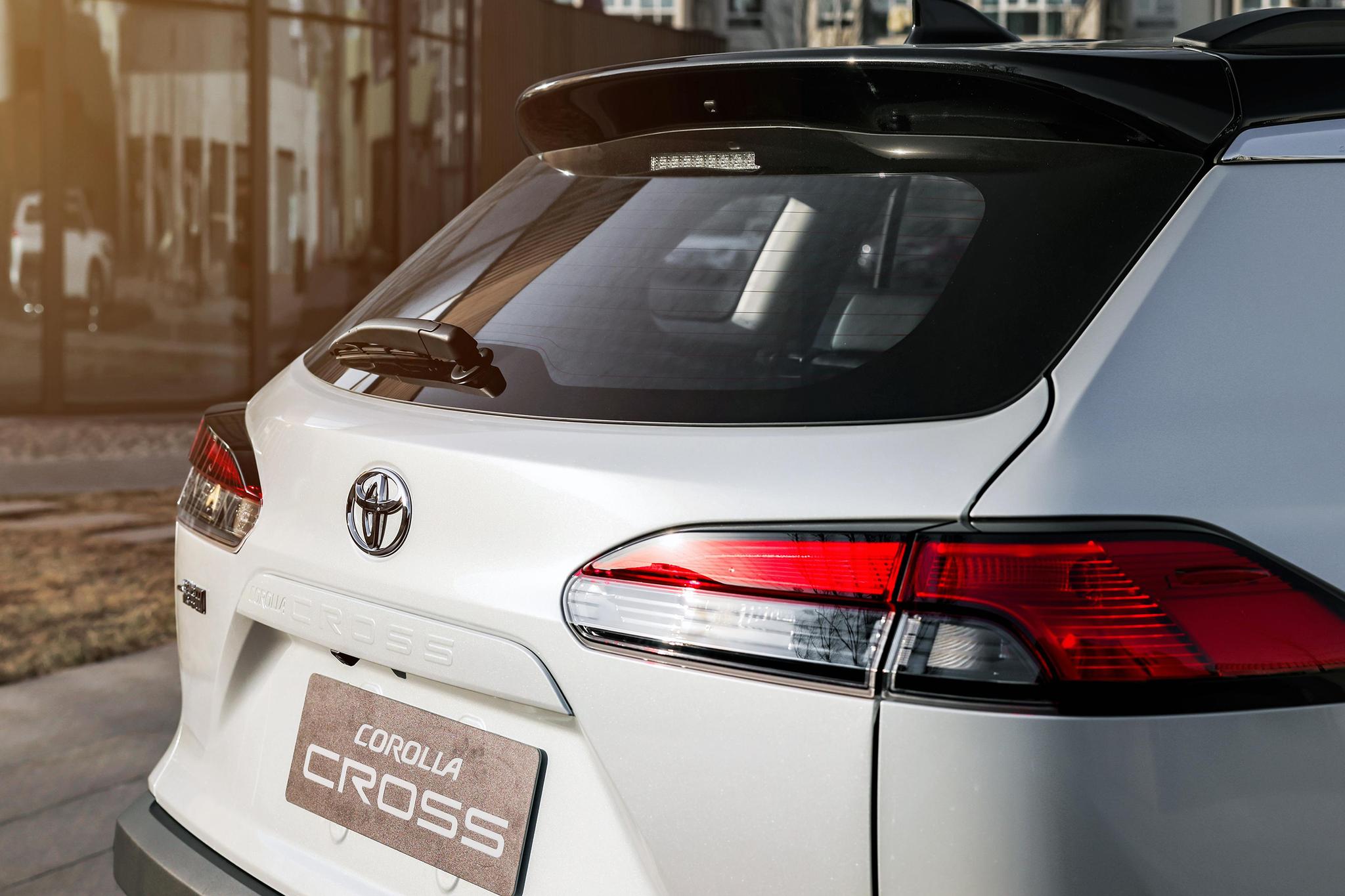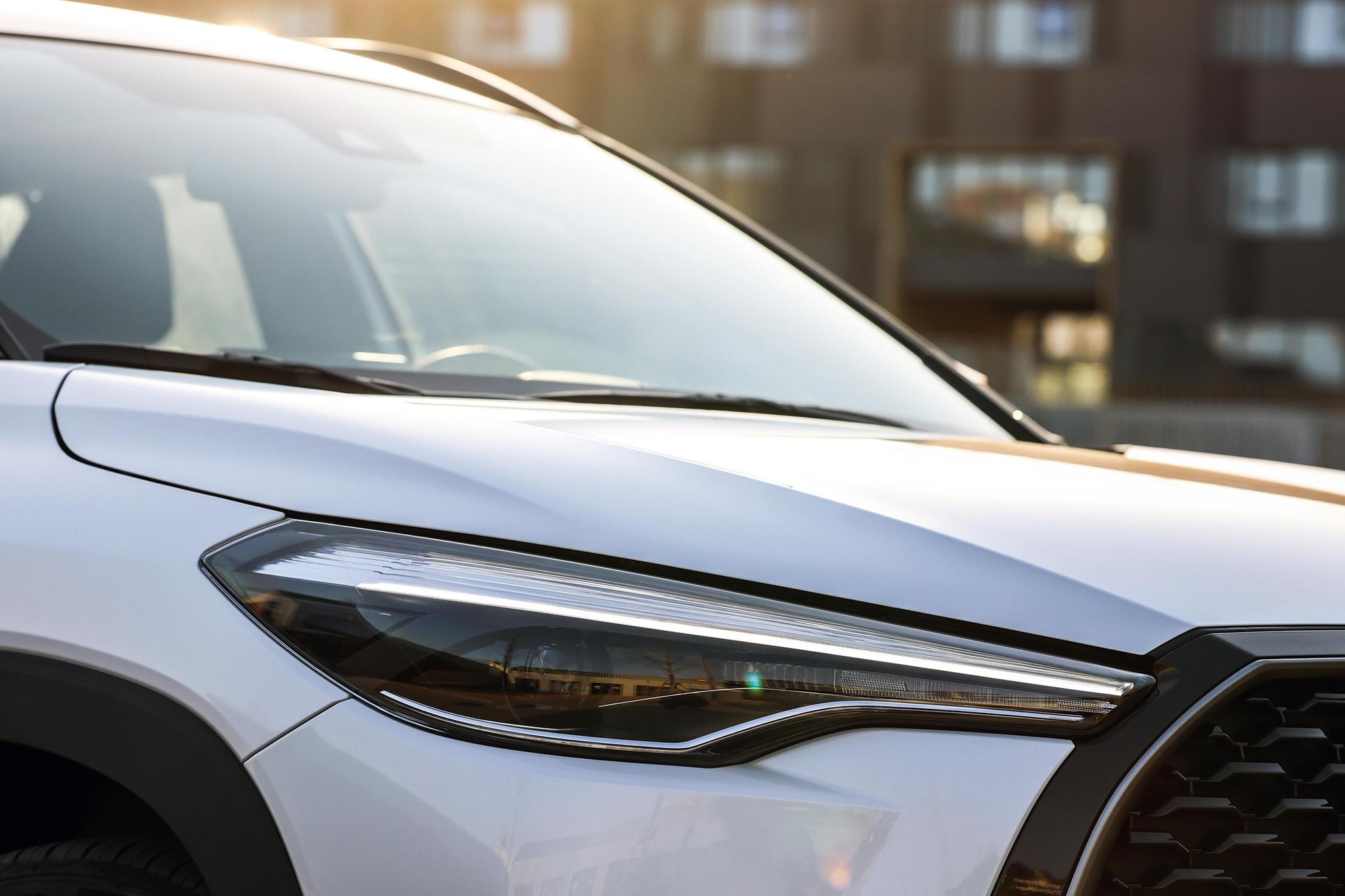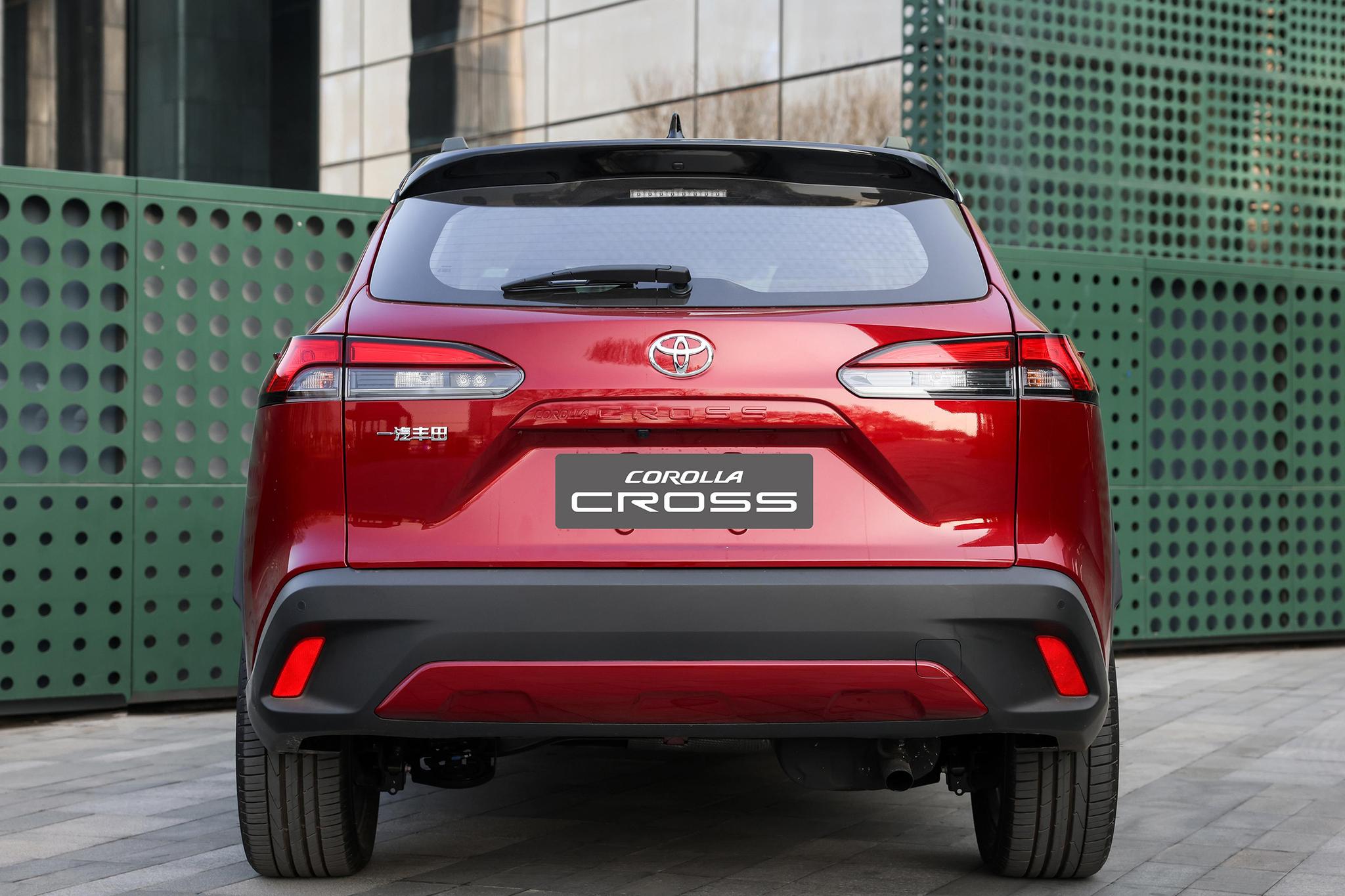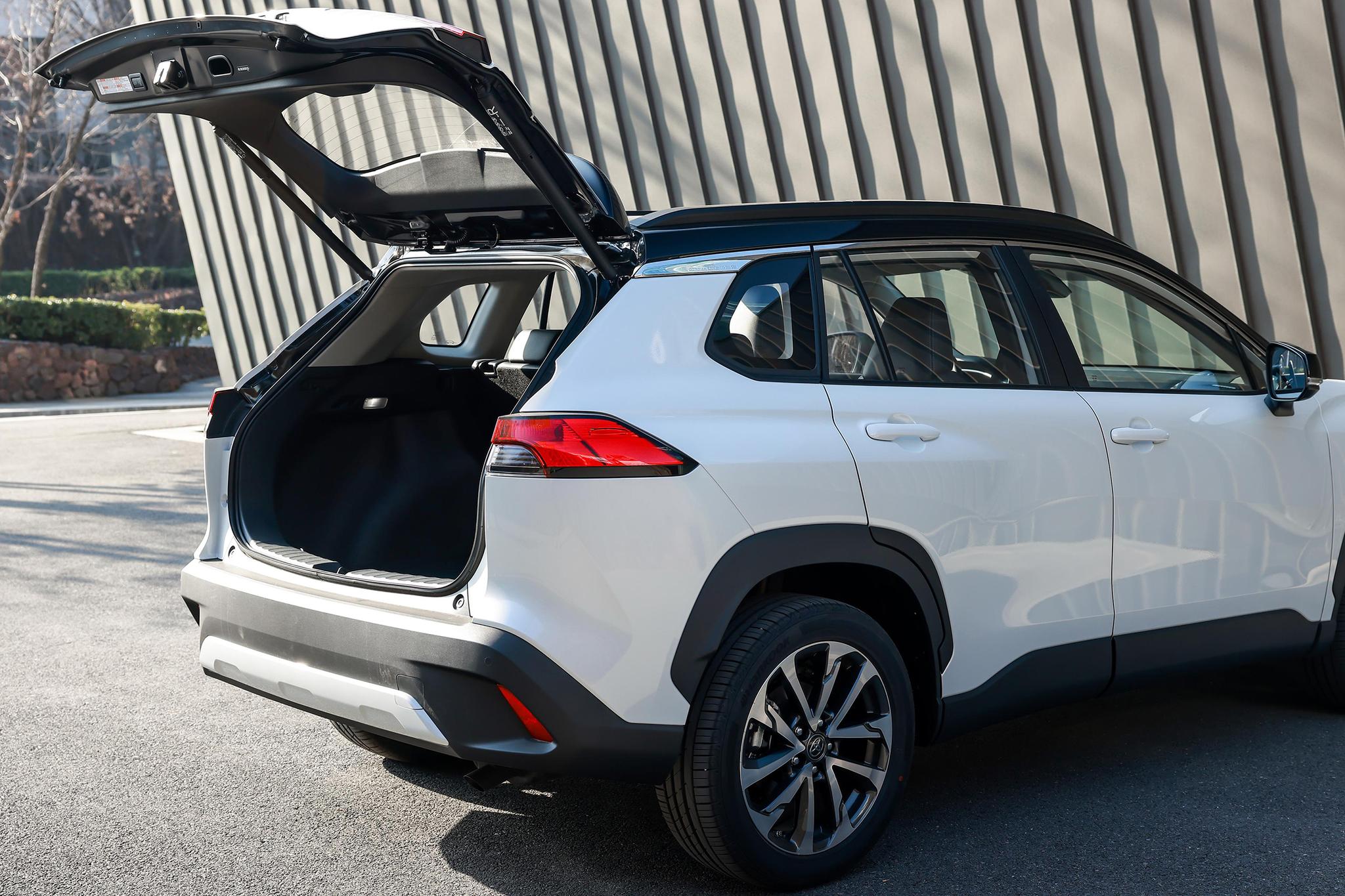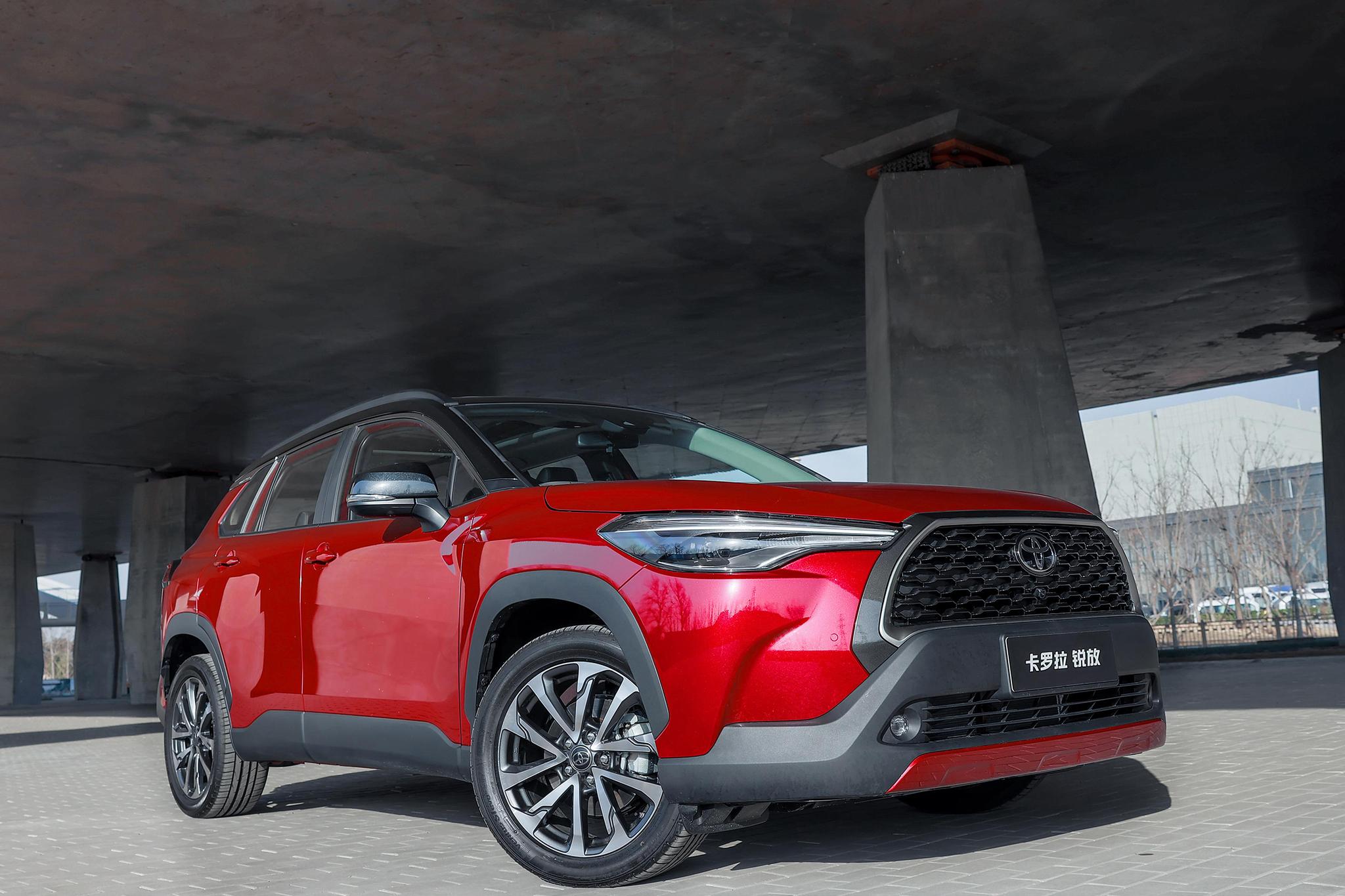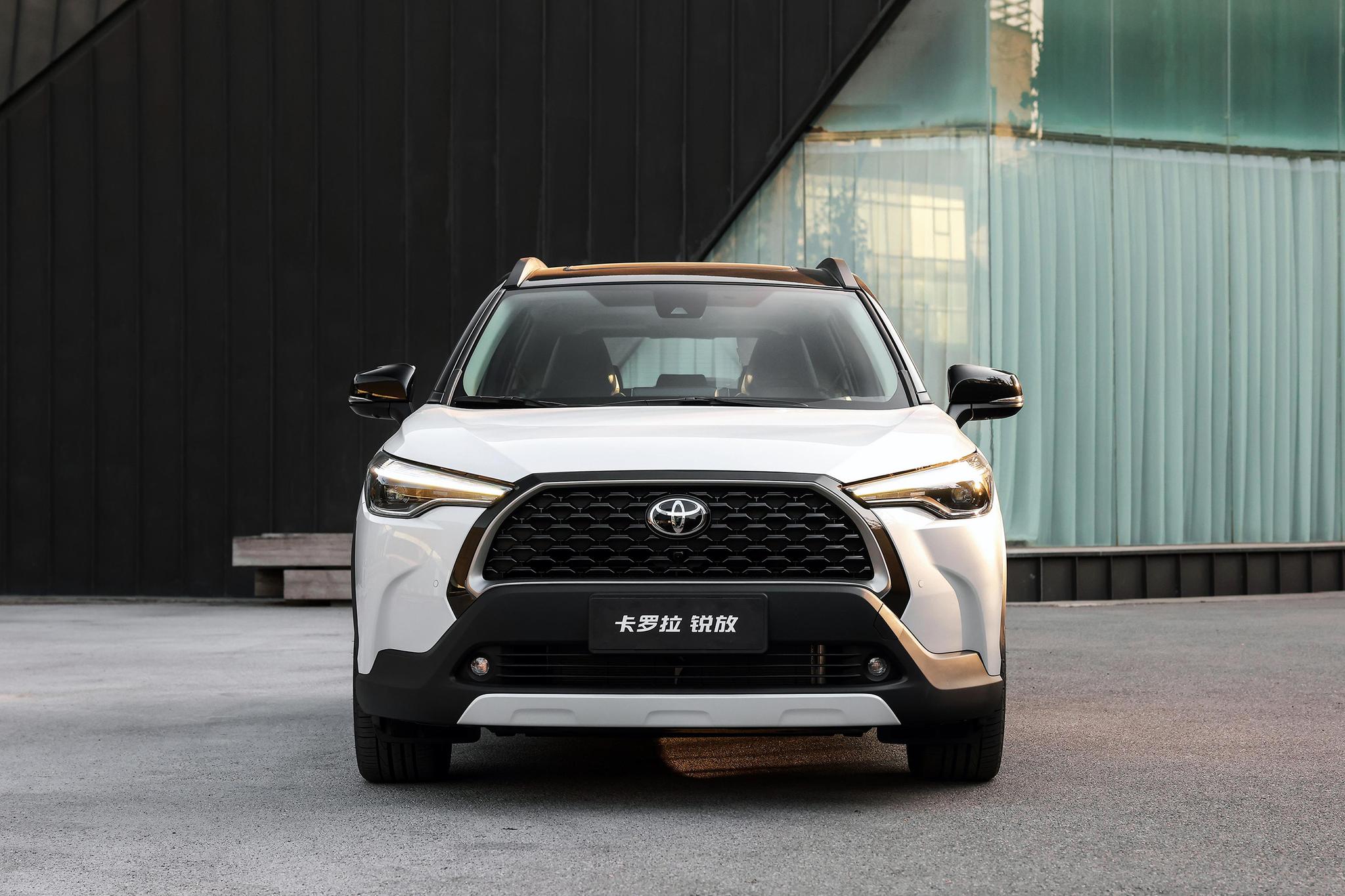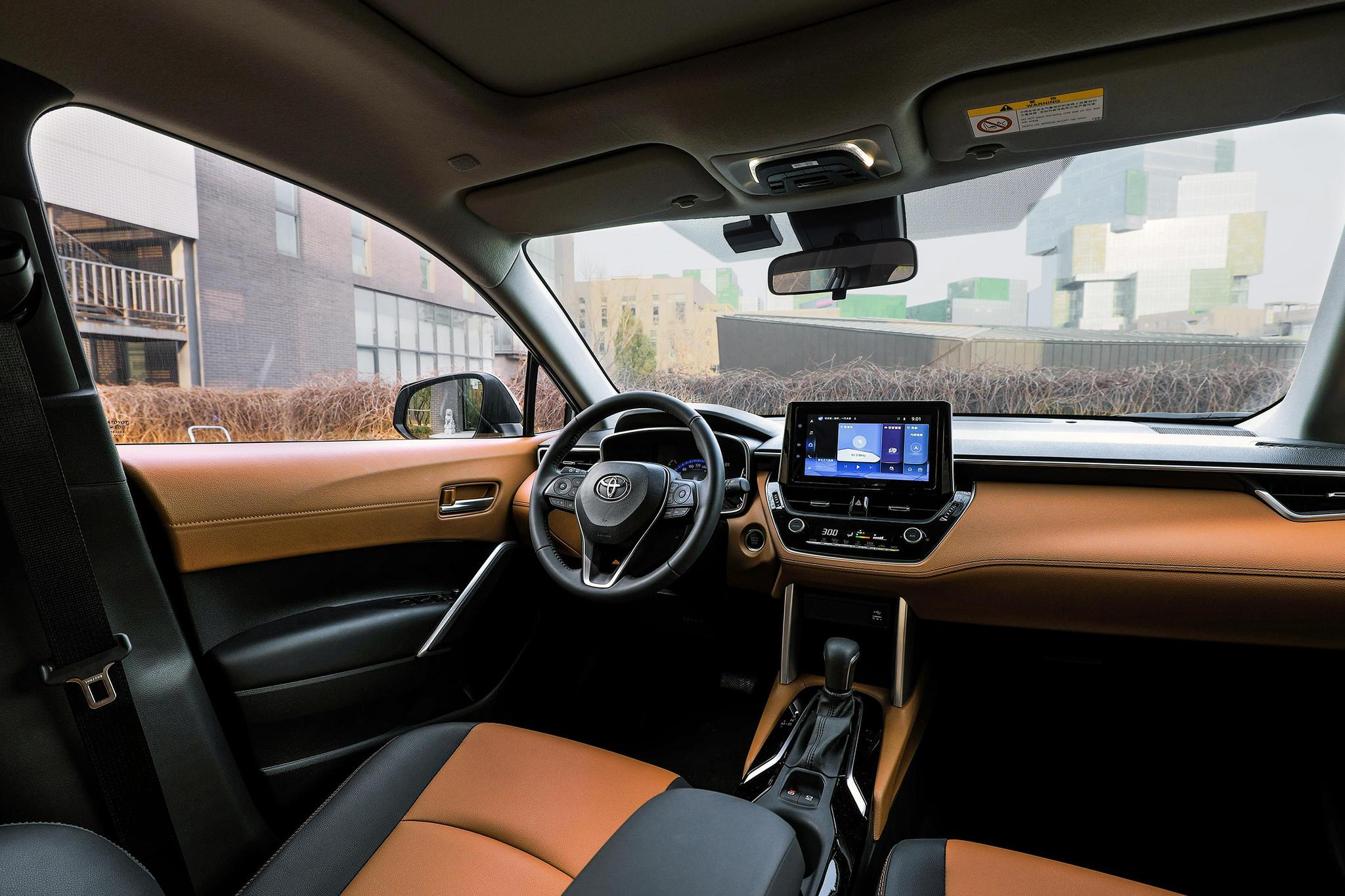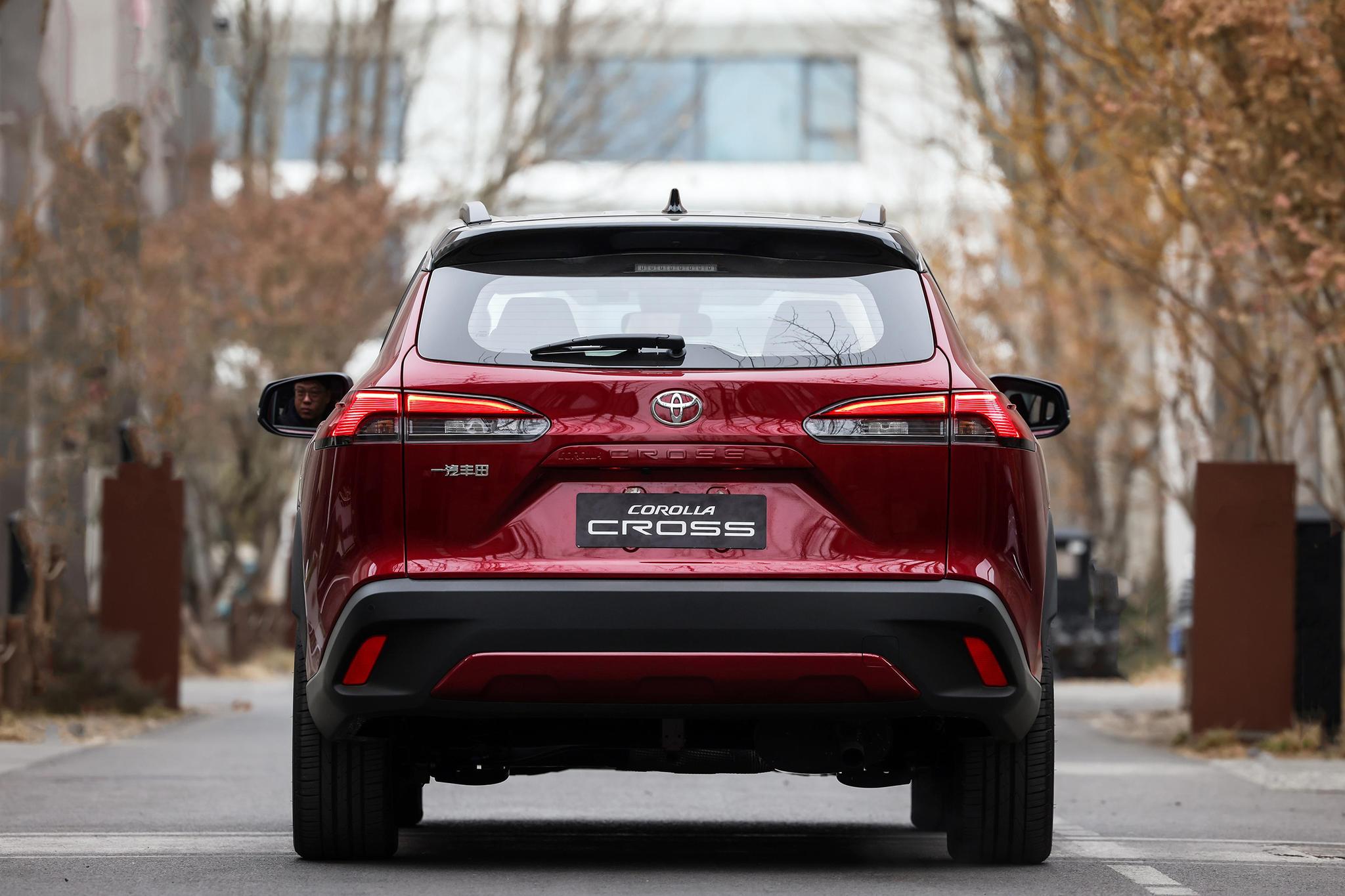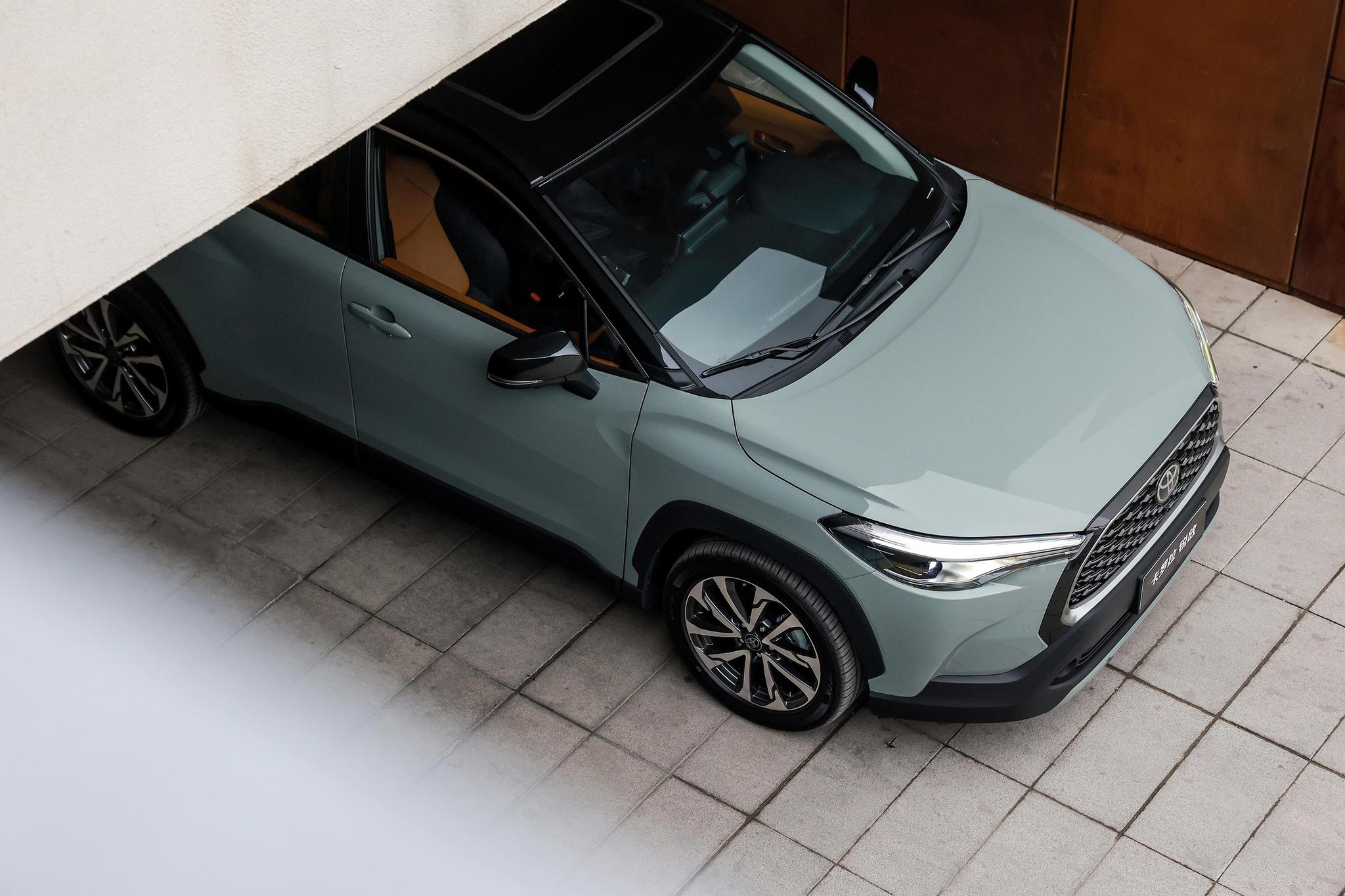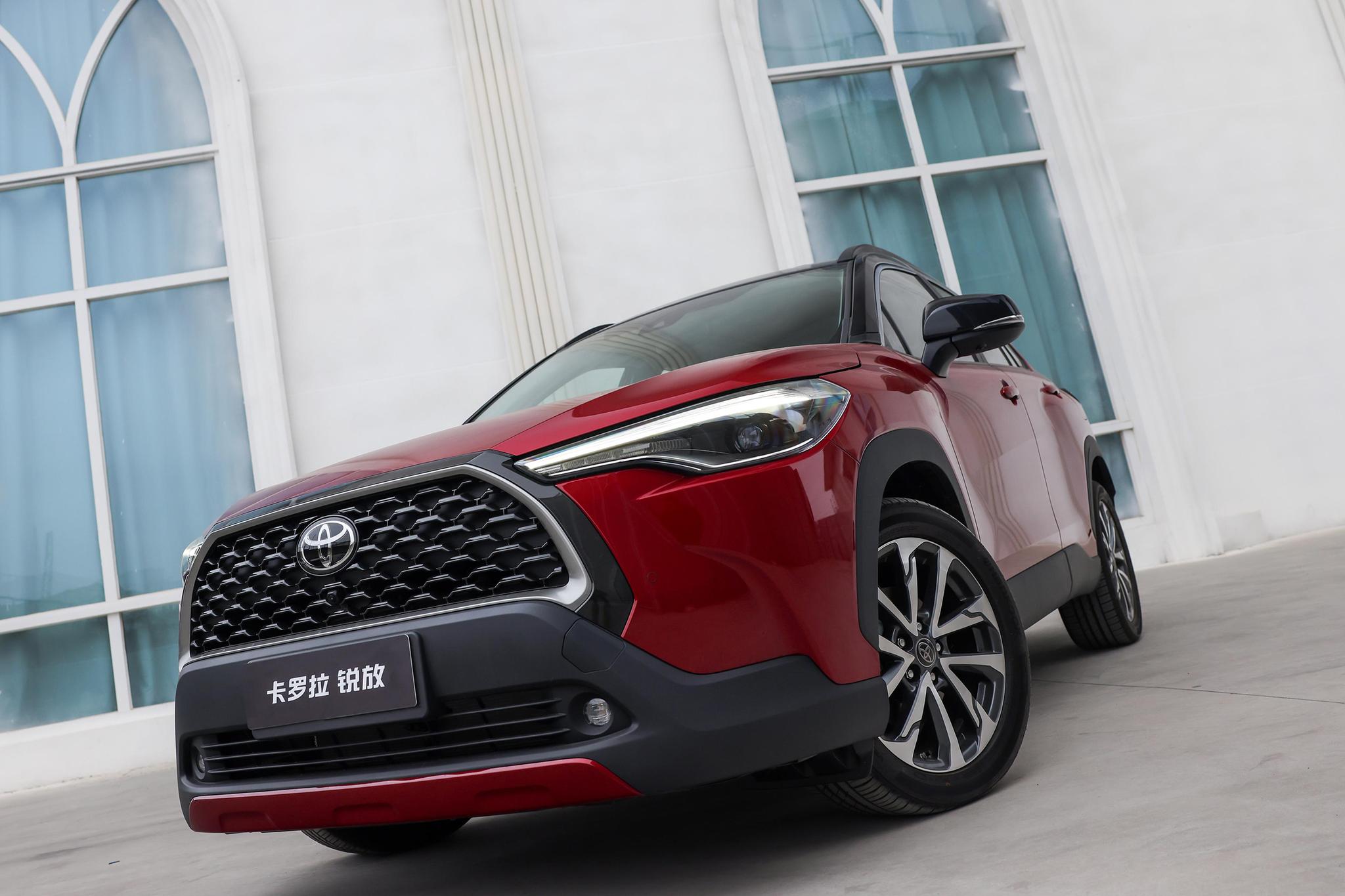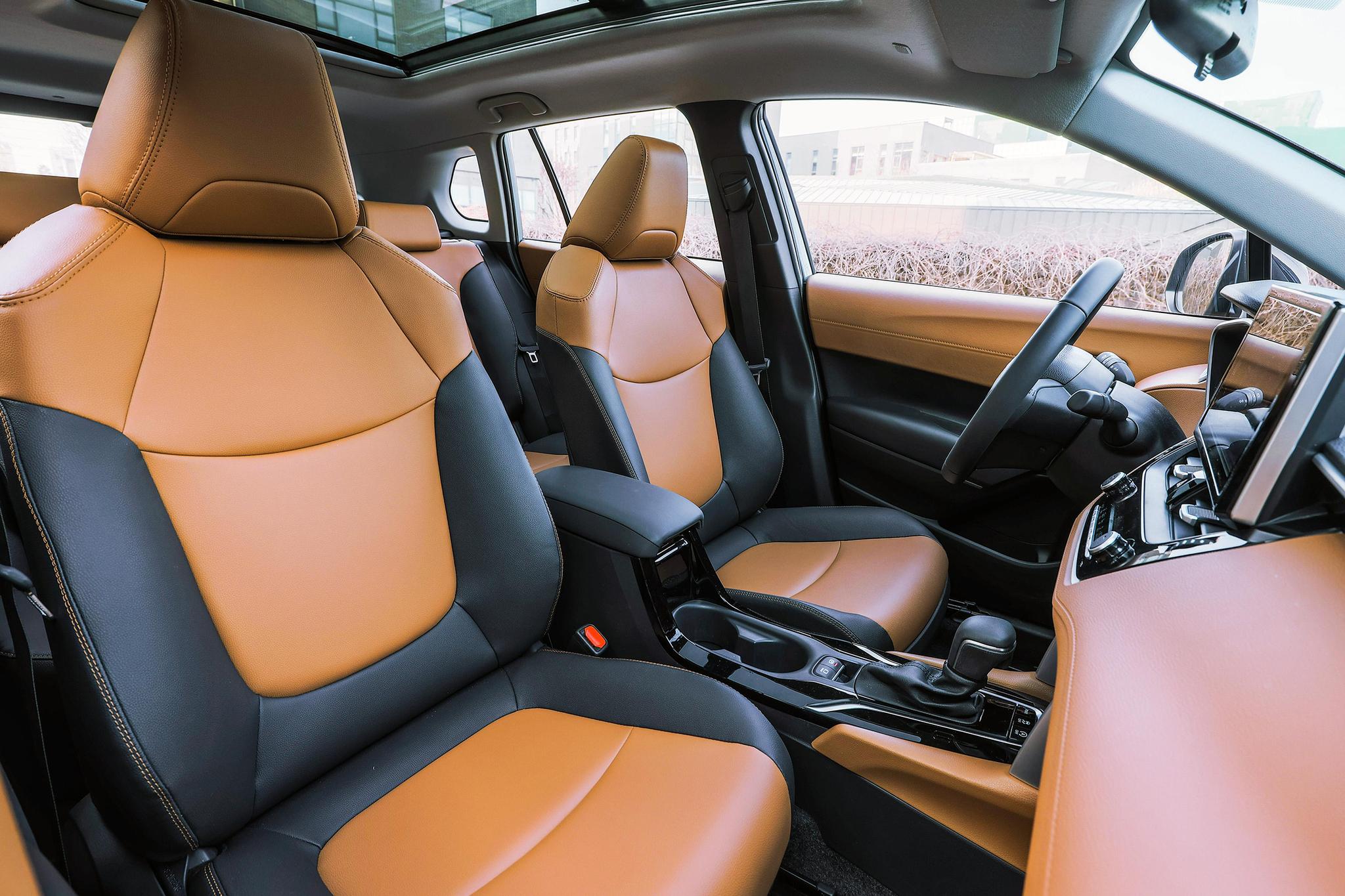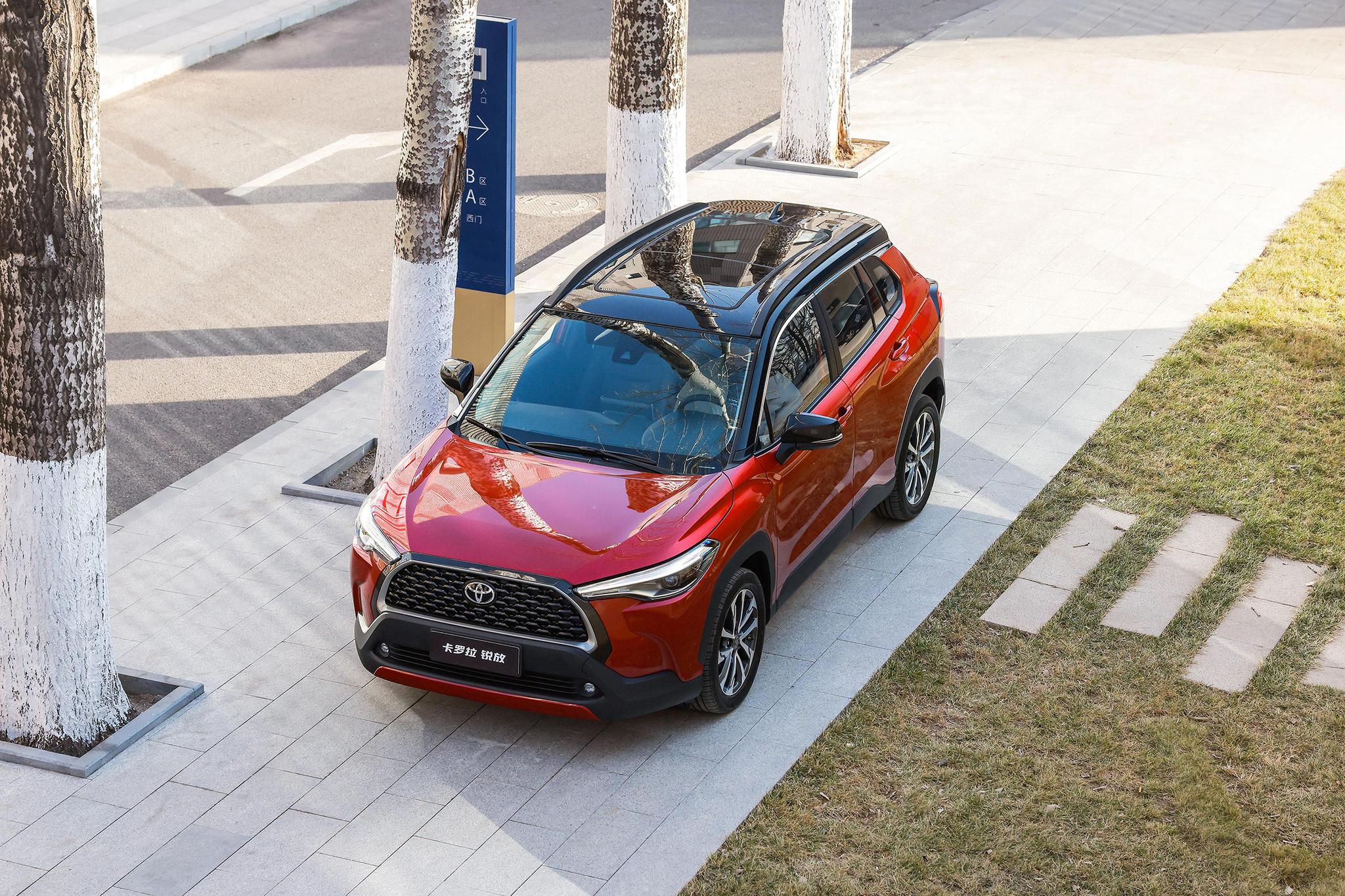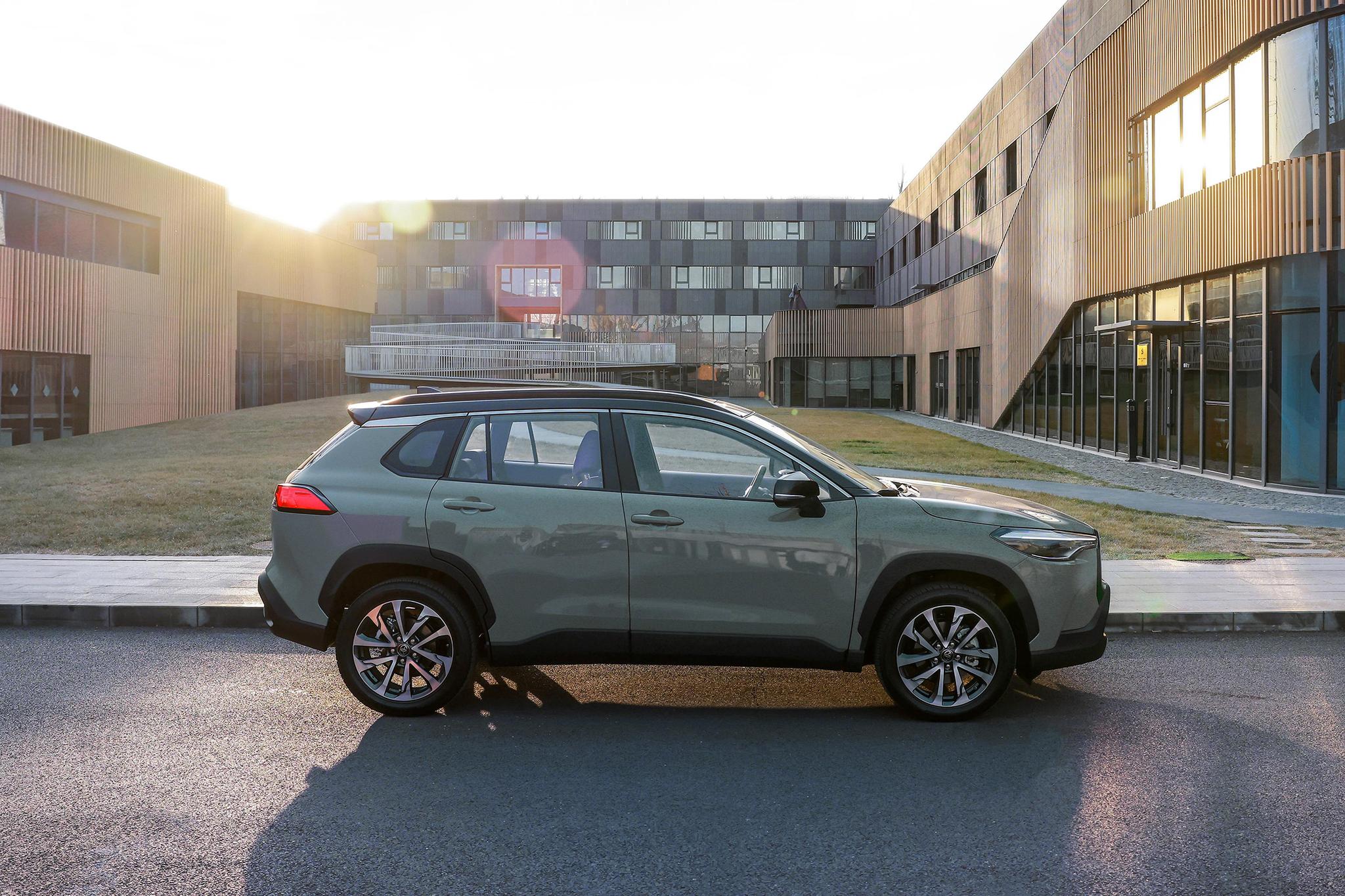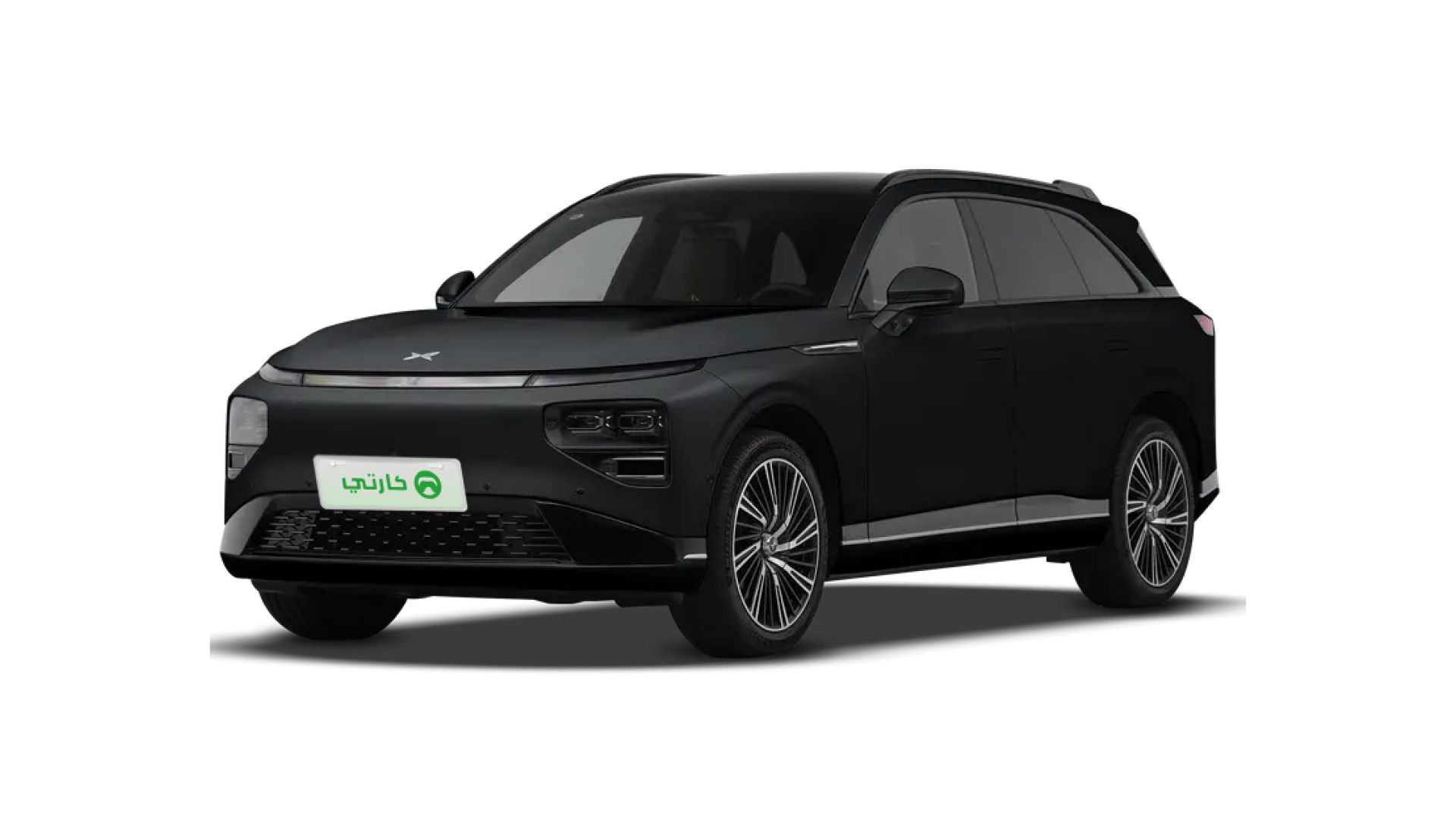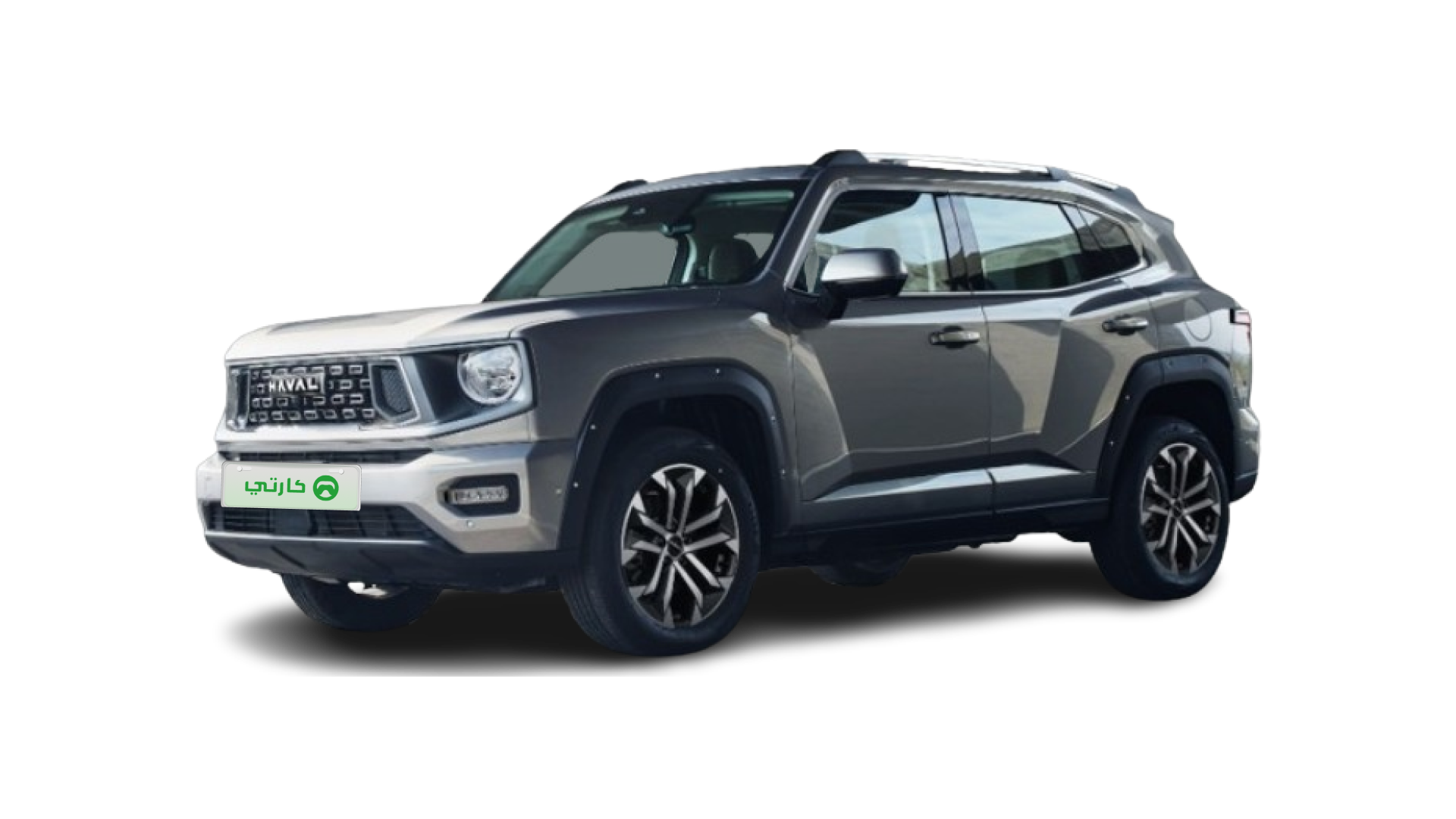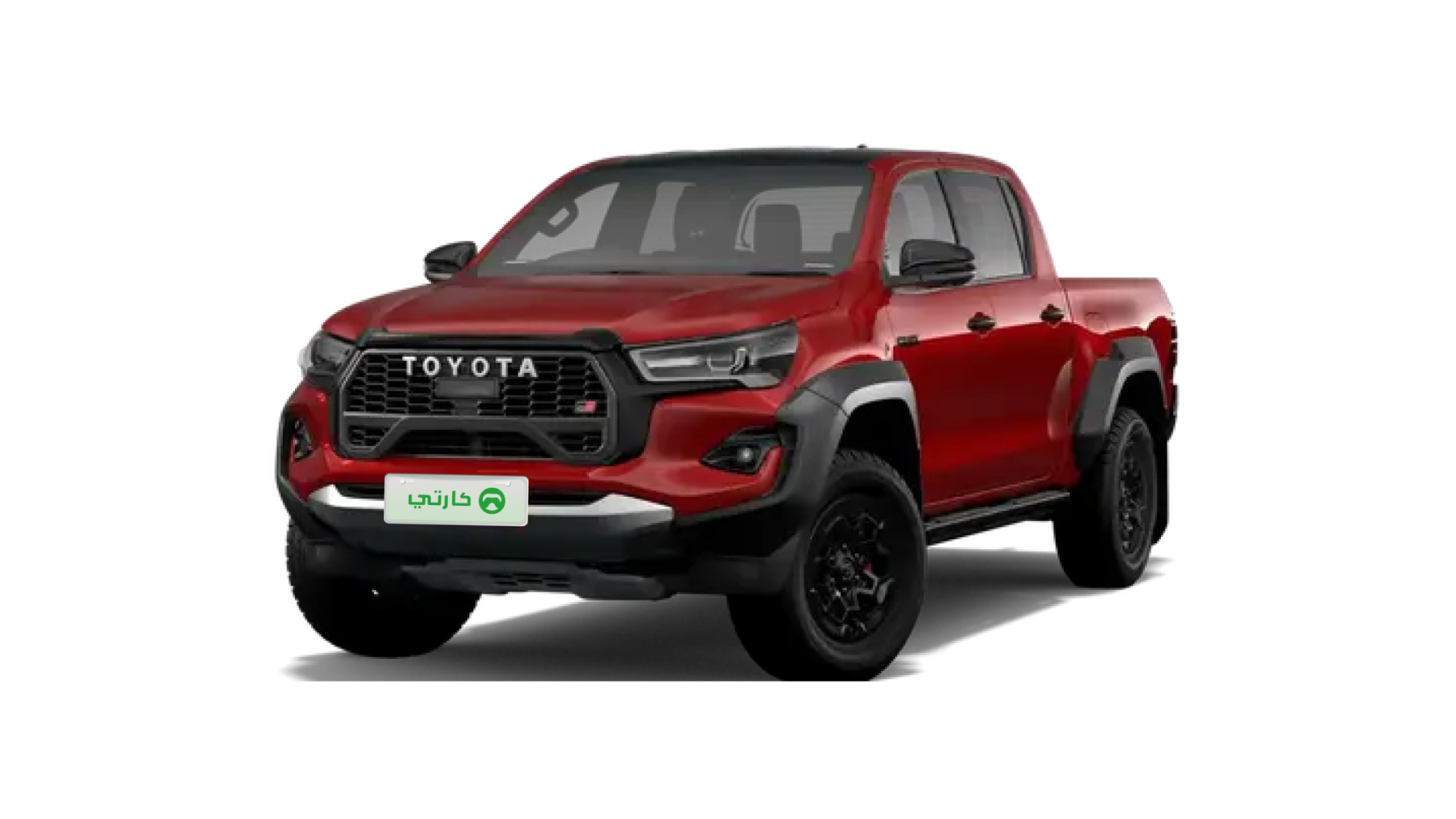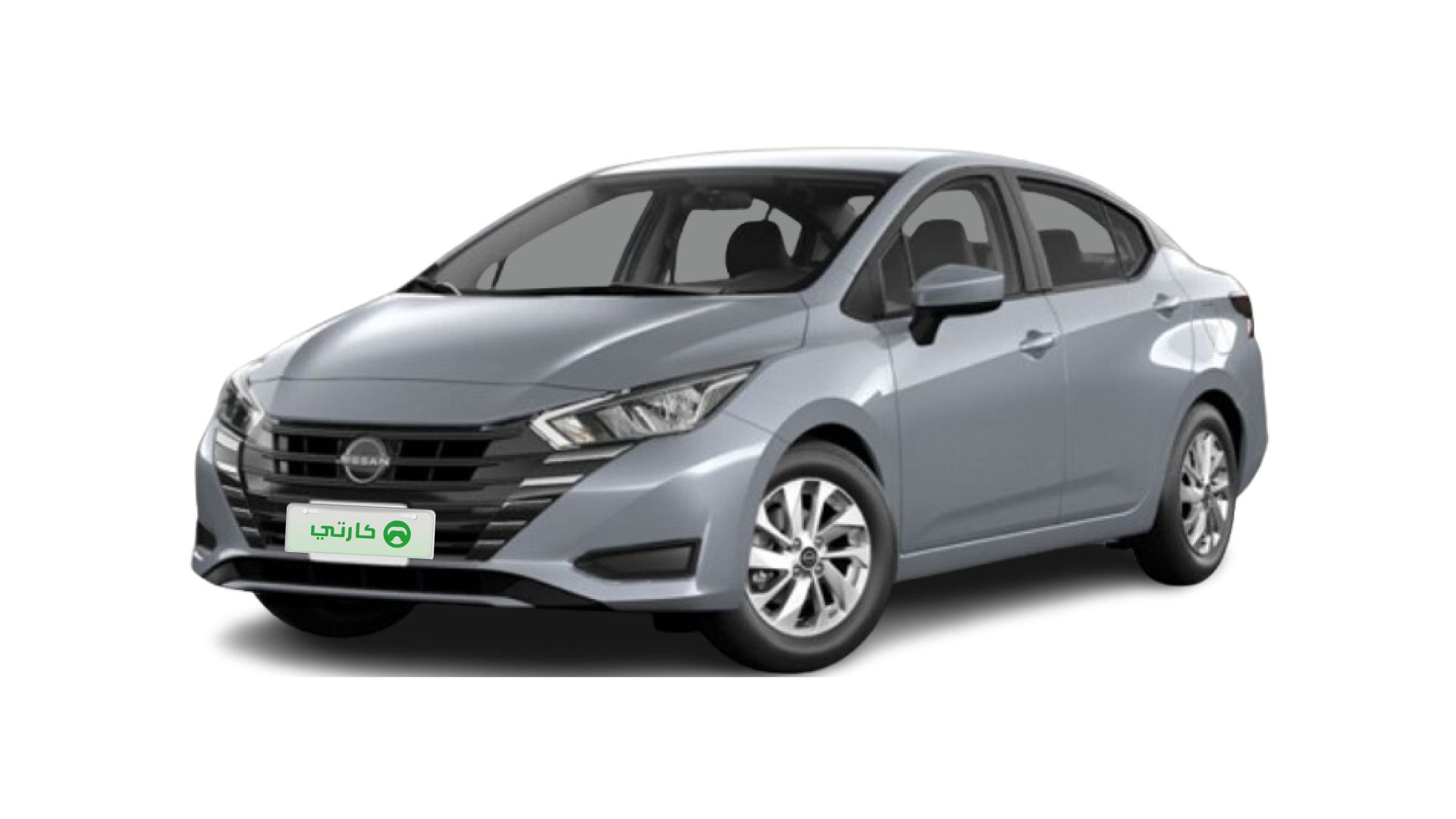Kickstarting your journey with the 2025 Toyota Corolla Cross Hybrid, you'll uncover refreshing insights on Toyota Corolla Cross Hybrid fuel consumption that are both actionable and inspiring! This guide is designed to help you achieve the most efficient mileage while enjoying reliable hybrid performance, offering simple fuel efficiency tips along the way.

How to Improve Your Toyota Corolla Cross Hybrid's Fuel Efficiency
Understanding your vehicle’s performance can make a real difference in daily driving. To ensure you get the best use out of your Toyota Corolla Cross Hybrid fuel consumption, consider the factors that affect hybrid performance and adopt smart driving habits.
3 Key Factors Affecting Hybrid Fuel Economy
Your vehicle's fuel efficiency hinges on several well-known elements:
Battery Charge Levels: The state of the battery during city driving plays a major role. Keeping it at an optimal charge can reduce fuel consumption.
Climate Control Usage: Excessive use of air conditioning during extreme temperatures can elevate engine load. Adjusting settings when possible saves fuel.
Tire Pressure: Proper inflation (aim for 35 PSI) not only extends tire life but also improves fuel efficiency. Regularly check tire pressure to maintain peak performance.
Top 5 Driving Habits for Better Mileage
Adopting the right driving habits can significantly enhance your real-world mileage. Consider these tips:
Engage Eco Mode on highways to minimize fuel consumption.
Plan ahead by anticipating traffic flow, which reduces hard braking and acceleration.
Keep your speed in check by remaining below 110 km/h on highways.
Use EV mode for short urban trips when conditions allow.
Manage your air conditioning usage with short-term intervals, allowing the system to rest periodically.
Real-World Toyota Corolla Cross Hybrid MPG Figures
Evaluating real-world mileage is key. The following comparisons help illustrate how different conditions affect fuel consumption:
City vs Highway Performance Comparison
Driving Condition | Average Consumption |
|---|---|
Dubai urban traffic | 4.8L/100km (approx. AED/SAR based) |
Abu Dhabi-Dubai highway | 4.1L/100km (approx. AED/SAR based) |
Mixed driving (UAE summer) | 5.2L/100km (approx. AED/SAR based) |
These figures offer a realistic look into everyday performance beyond just the official ratings.
How Terrain Impacts Fuel Use
Your fuel consumption can vary even more based on environmental factors:
Driving in hilly areas can result in up to a 7% increase in fuel consumption.
Additional accessories, such as roof racks, may raise usage by as much as 12%.
Flat, sea-level roads ensure optimal performance and efficiency.
Maintenance Tips for Sustained Fuel Efficiency
Regular care and timely servicing are essential for keeping your hybrid running at its best. Follow these recommendations to maintain efficient Toyota Corolla Cross Hybrid fuel consumption:
Essential Hybrid-Specific Servicing
Inspect your battery cooling system every 15,000 km to ensure it’s operating smoothly.
Keep to the recommended schedule for E-CVT fluid replacement.
Maintain your regenerative braking system with periodic checks, helping maximize energy recovery.
Seasonal Adjustments for Gulf Climates
Air quality and temperature fluctuations in regions like the UAE necessitate seasonal maintenance:
Adjust your tire pressure (+3 PSI in the heat) to combat the effects of high temperatures.
Replace cabin air filters every six months to ensure optimal airflow and efficiency.
Regular engine coolant quality checks can prevent overheating issues during intense summer drives.

Future of Hybrid Efficiency (2025 Updates)
Innovations continue to shape hybrid efficiency. Expect advancements that directly benefit your Toyota Corolla Cross Hybrid fuel consumption:
A Predictive Energy Management system that adapts driving modes to current conditions.
The introduction of solar roof auxiliary charging reinforces battery support on long trips.
Enhanced thermal management for batteries helps optimize both performance and longevity.
Comparing Hybrid vs Gasoline Models
Choosing between hybrid and traditional gasoline models becomes easier with clear comparisons:
Performance Metric | Hybrid Variant | Gasoline Model |
|---|---|---|
Annual fuel cost* | AED 2,100 / SAR 2,100 | AED 3,800 / SAR 3,800 |
CO2 Emissions | 98 g/km | 142 g/km |
Driving Range on Tank | 980 km | 720 km |
*These figures are based on fuel prices in the UAE and Saudi regions, considering an annual driving distance of 15,000 km.
Long-Term Ownership Considerations
Beyond efficient day-to-day driving, consider the extended benefits of owning a hybrid. The Toyota Corolla Cross Hybrid often yields higher resale values and shorter re-sale periods due to its reliable fuel consumption figures:
Models from 2025 typically command an 8% higher resale value compared to their non-hybrid counterparts.
Sales in dynamic markets such as Dubai can be nearly 15% faster.
Many ride-hailing drivers gravitate towards hybrids because of the long-term savings on fuel and maintenance.
Government Incentives for Hybrids
Local incentives provide additional perks that add to the overall appeal of Toyota Corolla Cross Hybrid fuel consumption efficiency:
Some Emirates offer fee reductions or even free Salik tags, easing daily commuting costs.
Lower registration fees make the initial investment less burdensome.
Exclusive parking privileges further enhance the ownership experience for hybrid drivers.
FAQ
What factors most influence the Toyota Corolla Cross Hybrid fuel consumption in real-world conditions?
Your driving environment, vehicle maintenance, and driving style are the primary factors. For instance, urban stop-and-go traffic tends to use more fuel compared to steady highway driving. Ambient temperature and the use of climate control can also impact efficiency. Keeping your vehicle well-maintained and driving in Eco mode whenever possible contributes to optimal fuel consumption. These insights help you understand the wide range of influences on real-world mileage.
How can I maximize fuel efficiency on my Toyota Corolla Cross Hybrid?
Focus on adopting a smooth and steady driving style. Avoid rapid acceleration and heavy braking by planning your maneuvers ahead of time. Regular maintenance, like checking tire pressure and servicing the hybrid system, is crucial. Additionally, try to take advantage of drive modes designed for efficiency and monitor your fuel usage through onboard diagnostics. Implementing these changes can lead to noticeable improvements in fuel consumption, saving you money over time.
How does the terrain and local climate affect hybrid fuel consumption?
Terrain plays an important role; driving in hilly areas will often increase fuel consumption compared to flat roads. Extreme climates, such as high temperatures in the summer, can also reduce your vehicle’s fuel efficiency. Adjusting tire pressure and reducing excessive use of climate control can help counter these effects. In regions with consistently warm weather, regular maintenance is key to preserving efficiency. Following these practices means you can better manage variations in fuel consumption due to environmental factors.

Are there additional maintenance tips to further improve hybrid fuel consumption?
Indeed, a few additional steps can boost efficiency even further. Routinely inspect the battery cooling system and keep up with the recommended fluid replacements. Pay attention to the regenerative braking system, as it recaptures energy that would otherwise be lost. Additionally, scheduling seasonal check-ups and filter replacements can ensure that your hybrid system remains in optimal condition. These extra maintenance steps contribute to a smoother and more efficient driving experience.
This article is for reference only, please abide by the latest local laws and regulations.
Read More:
How to Check Car is GCC Specs:2025 Buyer’s Guide
181 pics

测试
